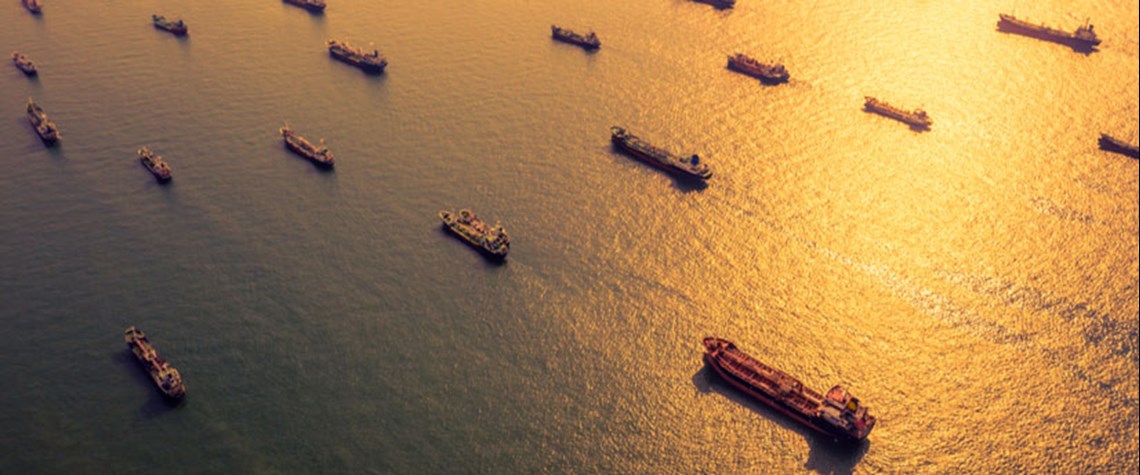Letter from London: Shipping GHG targets not all plain sailing
The IMO’s ambitious emission goals are still reliant on as-yet unproven technology
The International Maritime Organization (IMO) agreed new mandatory emission reduction policies for ships—including the establishment of vessel rating systems—at its recent Marine Environment Protection Committee (MEPC) meeting. The IMO says the new measures are “short-term” steps in their eventual decarbonisation plans, which target a 50pc cut in shipping’s GHG emissions by 2050 relative to 2008 levels. And along the way, the IMO has committed to reducing carbon intensity—which compares GHG emissions against cargo carried over distance travelled—by 40pc by 2030 and 70pc by 2050. $100/t – Proposed CO₂ fuel oil levy The latest committee meeting also discussed proposals for a mandatory

Also in this section
27 February 2026
The 25th WPC Energy Congress to take place in tandem as part of a coordinated week of high-level ministerial, institutional and industry engagements
26 February 2026
OPEC, upstream investors and refiners all face strategic shifts now the Asian behemoth is no longer the main engine of global oil demand growth
25 February 2026
Tech giants rather than oil majors could soon upend hydrocarbon markets, starting with North America
25 February 2026
Capex is concentrated in gas processing and LNG in the US, while in Canada the reverse is true







